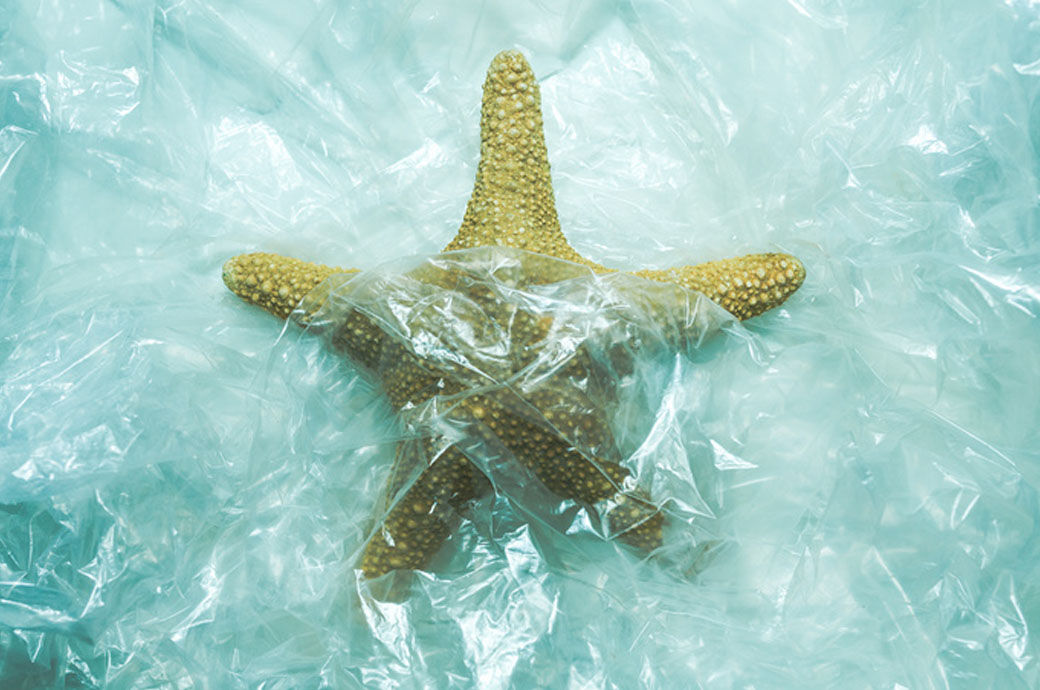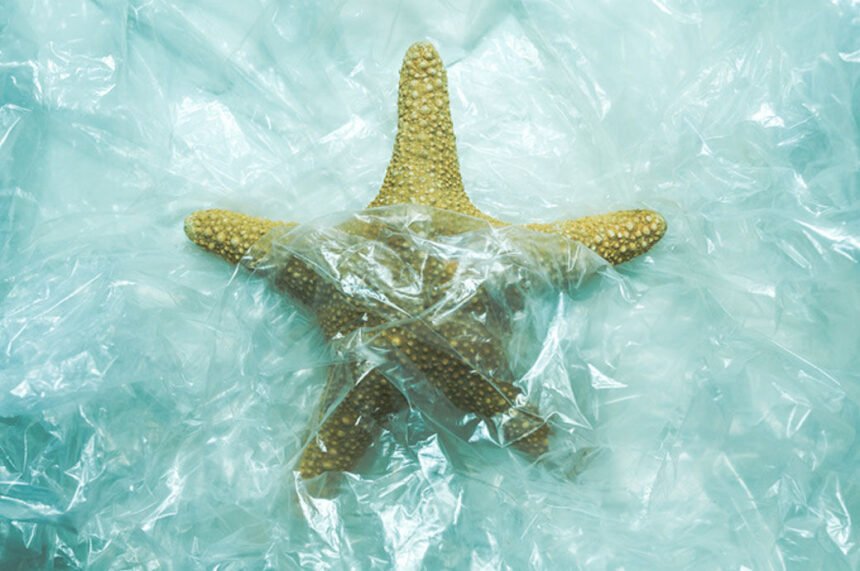[ad_1]

Glaukos used a fermentation process developed through microbial strain selection and strain engineering to convert industrial side streams containing sugars into polymer building blocks. With these building blocks, the team created new bio-based polymers that were tested for spinnability. The resulting polymers were then used to produce yarn and yarns for clothing, fishing nets and fishing net coatings with a low carbon and plastic footprint, Community Research and Development Information Service (CORDIS) said in a press release.
“Glaukos established assessments and technologies concerning biodegradation, mechanical degradation and ecotoxicity, covering the various impacts of plastics on marine life to ensure a healthy marine environment,” said bioengineer Dr Zsofia Kadar of Glaukos project coordinator Bio Base Europe Pilot Plant, Belgium. “They can be used in the future to assess new polymers produced by our partners, or in the context of new materials development.”
The EU-funded Glaukos project has found a circular solution for bio-based textiles and fishing gear using marine-friendly polymers.
Launched in 2020, the project focuses on reducing microplastic pollution through innovative fermentation processes.
The Glaukos project also explored bio-recycling and life-cycle assessments to enhance sustainability.
End-of-life plastic must first be depolymerised before it can be turned into value-added chemicals or materials. The researchers therefore searched for and developed enzymes that break down the developed polymer. By engineering bacteria to grow on these plastic hydrolysates, they can be converted into value-added chemicals or materials through biotechnological processes. This bio-upcycling would be especially suitable for composites or mixed waste streams that are currently not recyclable due to their complexity.
“Our bio-recycling aims at a new outlet for plastic waste: to use it as a feedstock for biotechnology,” explained professor Nick Wierckx of project partner Forschungszentrum Jülich, Germany.
Glaukos has also developed a new methodology for life-cycle assessment, circularity and plastic leakage. Additionally, it has created a multi-dimensional model to map the challenges to be addressed for unlocking the potential of bio-based and biodegradable plastics. The Glaukos (Circular solutions for the textile industry) project’s key results were presented at the final Glaukos meeting in Brussels in May 2024 and are now available online.
Policymakers and other stakeholders benefited from sharing the project’s main exploitable knowledge, methodologies, successes and failures. Besides presenting controversial topics and technical challenges for the clothing and fishing industries, project partners also made recommendations for future research programmes and on how marine-friendly biopolymers could be integrated into innovative market applications in fashion and fishing.
Fibre2Fashion News Desk (RR)
[ad_2]
Source link




